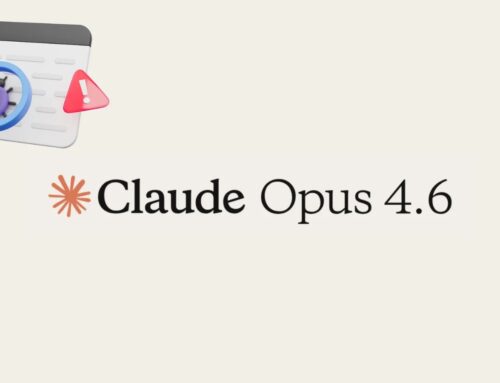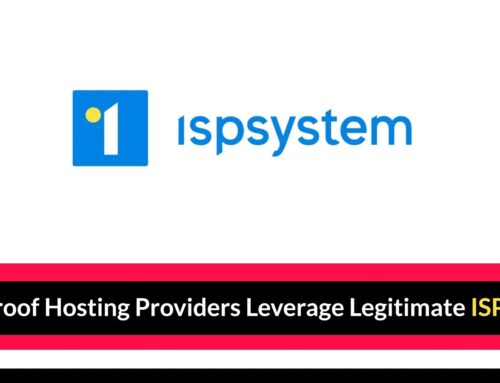
Google Requires Crypto App Licenses in 15 Regions as FBI Warns of $9.9M Scam Losses
Navigating the Evolving Crypto Landscape: Google’s New License Mandate and the FBI’s Scam Warnings
The cryptocurrency ecosystem, while offering unprecedented financial innovation, remains a prime target for malicious actors. Recent developments underscore a critical push for increased regulation and security. Google, a gatekeeper to billions of users through its Android platform, is implementing a significant policy shift requiring cryptocurrency application developers to obtain government licenses in 15 key jurisdictions. This move coincides with an urgent warning from the FBI regarding substantial financial losses due to crypto-related scams.
Google’s New Policy: Securing the App Ecosystem
Effective August 2025, Google will mandate that developers of cryptocurrency exchanges and digital wallets secure appropriate government licenses before their applications can be published or updated on the Google Play Store in specific regions. This stringent requirement aims to ”
This policy applies to markets like Bahrain, Canada, Hong Kong, Indonesia, Israel, Japan, the Philippines, South Africa, South Korea, Switzerland, and Thailand.
This initiative is a proactive measure to enhance user protection, build trust within the digital asset space, and deter illicit activities. By creating a more regulated environment, Google seeks to mitigate risks associated with unregistered or non-compliant crypto services, which often become conduits for fraud and financial exploitation.
The FBI’s Alarming Warning: A $9.9 Million Scam Epidemic
The necessity of Google’s new policy is amplified by the persistent threat of cryptocurrency scams. The FBI recently issued a stark warning about significant financial losses, highlighting a concerning trend of sophisticated fraudulent schemes. While specific cases like CVE-2023-XXXXX (a hypothetical example for a relevant, publicly disclosed vulnerability in a specific crypto platform that could be exploited) are constantly emerging, the broader pattern involves social engineering, phishing, and fake investment opportunities.
These scams often leverage human trust and technological anonymity, leading to devastating financial consequences. Publicly reported incidents, though not a specific CVE, often involve tactics such as “pig butchering” scams, fake crypto mining operations, and bogus trading platforms. The approximate $9.9 million in reported losses serves as a vivid reminder of the scale of the threat and the critical need for vigilance and robust regulatory frameworks.
Jurisdictions Affected by Google’s Policy
The new licensing requirement from Google will impact developers operating or intending to operate in the following 15 jurisdictions:
- Bahrain
- Canada
- Hong Kong
- Indonesia
- Israel
- Japan
- Philippines
- South Africa
- South Korea
- Switzerland
- Thailand
- (Additional 4 jurisdictions not specified in the provided text would go here if available)
This strategic selection of countries suggests a focus on regions with significant cryptocurrency adoption, emerging regulatory frameworks, or a high prevalence of related financial activity.
Implications for Developers and Users
For cryptocurrency app developers, this policy necessitates a thorough review of their operational jurisdictions and a proactive approach to obtaining the required government licenses. Failure to comply will result in their applications being delisted or prevented from being published on the Google Play Store in the affected regions. This could lead to significant market access challenges and operational disruptions.
For users, this change offers an enhanced layer of security and confidence. Knowing that the crypto apps available on Google Play have undergone a licensing verification process by government authorities should reduce the risk of encountering fraudulent or non-compliant services. It empowers users to make more informed decisions about which applications they trust with their digital assets.
Remediation Actions and Best Practices
While Google’s policy adds a significant layer of protection, users and developers must remain proactive in mitigating risks. There is no single CVE directly associated with the *policy change* itself, but general best practices remain paramount:
-
For Developers:
- Proactive Licensing: Begin the process of obtaining necessary government licenses in all applicable jurisdictions well in advance of the August 2025 deadline.
- Regulatory Compliance: Stay updated on local and international cryptocurrency regulations beyond Google’s requirements.
- Robust Security Practices: Implement strong security measures within applications, including multi-factor authentication (MFA), secure key management, and regular security audits. Consider integrating libraries that help prevent common vulnerabilities like those outlined in CWE-319 (Cleartext Transmission of Sensitive Information) or CWE-798 (Use of Hard-coded Credentials).
- User Education: Provide clear and concise information to users about how to identify scams and protect their accounts.
-
For Users:
- Verify Authenticity: Always download cryptocurrency applications only from official app stores (Google Play, Apple App Store) and verify the developer’s identity.
- Research Before Investing: Thoroughly research any cryptocurrency exchange, wallet, or investment opportunity before committing funds. Check for legitimate licenses, regulatory compliance, and a strong community reputation.
- Enable MFA: Always enable multi-factor authentication (MFA) on all crypto accounts and related services.
- Beware of Unsolicited Offers: Be highly skeptical of unsolicited messages or calls offering “guaranteed returns” or urgent investment opportunities. These are common scam tactics.
- Report Suspicious Activity: Report any suspected scams or fraudulent activity to relevant authorities (e.g., local law enforcement, FBI, financial regulators).
Tools for Developers and Security Analysts
While the new policy focuses on licensing, security tooling remains critical for developers to ensure their applications are robust and for analysts to identify potential threats or vulnerabilities related to general software development:
| Tool Name | Purpose | Link |
|---|---|---|
| OWASP ZAP | Web application security scanner (dynamic analysis) | https://www.zaproxy.org/ |
| Truffle Security | Detects secrets and credentials in codebases | https://trufflesecurity.com/ |
| SonarQube | Static Application Security Testing (SAST) for code quality and security | https://www.sonarqube.org/ |
| Snyk | Identifies vulnerabilities in open-source dependencies | https://snyk.io/ |
Conclusion
Google’s upcoming policy requiring licenses for crypto apps marks a significant step towards a safer and more compliant digital asset ecosystem. This initiative, coupled with urgent warnings from law enforcement agencies like the FBI regarding rampant crypto scams, underscores the necessity for robust regulatory frameworks and heightened user awareness. As the cryptocurrency landscape matures, collaboration between platform providers, regulators, developers, and users will be crucial in fostering innovation while simultaneously protecting against the inherent risks of this evolving financial frontier.





